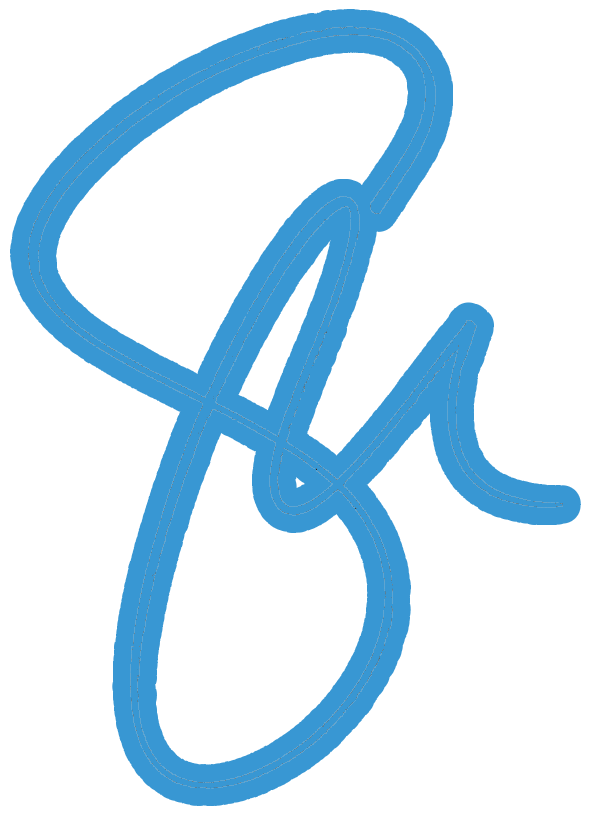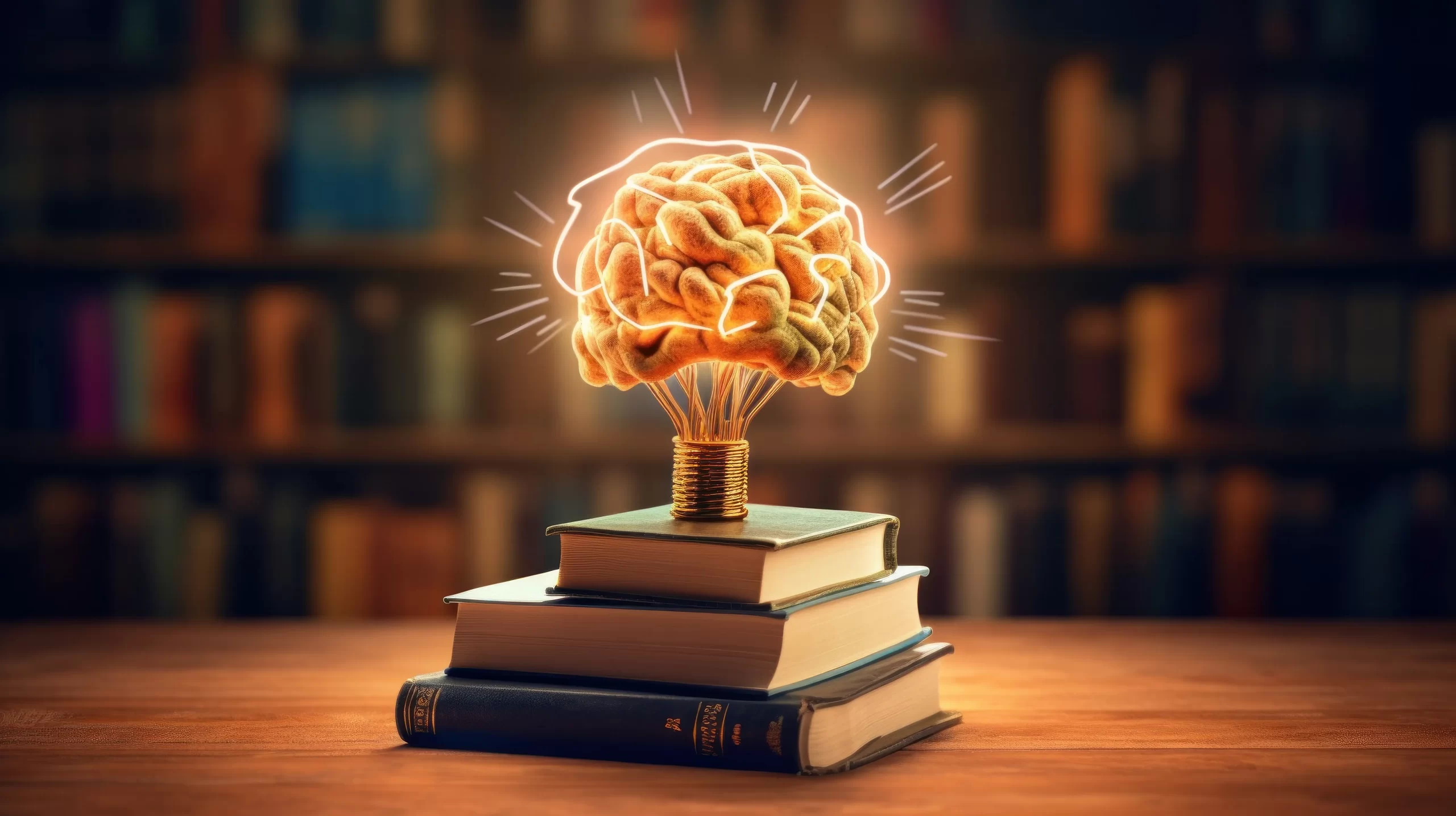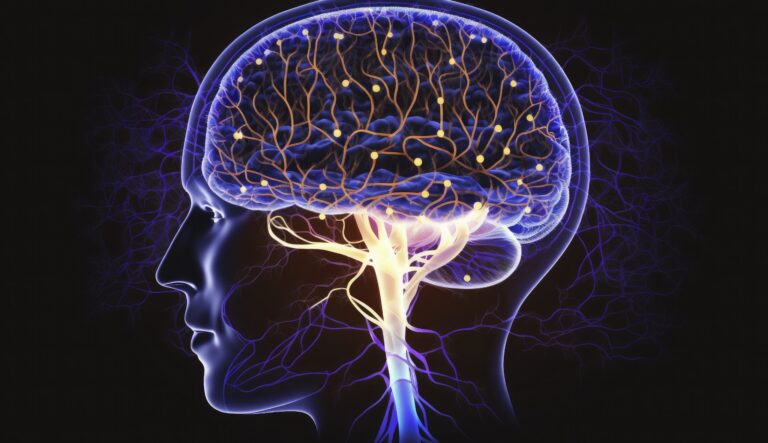Whenever you read a book or have a conversation, the experience causes physical changes in your brain.— George Johnson
I love to read.
I fell in love at a time I don’t even remember.
I grew up in a tiny remote village where most people were farmers, and 99% of the farmers never went to school.
My father somehow did some schooling and joined the police force.
I was lucky that he used to read a lot, pretty much all the time.
He loved fiction.
However, he never encouraged me to read what he used to read but always encouraged me to read textbooks.
Sometimes, I used to keep his novel inside a textbook to enjoy the taste of a story. Fiction has the power to take you anywhere, and if the writer is good at storytelling, you feel like you are one of the characters.
The second most important reason I love reading is my physical structure. Yes, you are right, my physique. I used to be skinny and tall at a very young age.
As you may know, farming in underdeveloped countries is a physically demanding job. Therefore, in the early sage, I forced myself to study; to study more, you must read more.
The rest is history. Now, I have a flexible budget to buy books.
In fact, I have more books than I read in my lifespan.
I used to think that if I bought a book and I didn’t read it, it was a waste of time.
I don’t believe that way anymore; now I buy books if I like the author, book title, and especially the topic if I am working on the subject.
You know learning should not stop. I truly believe continuous learning is the only way to grow.
Anyway, that’s enough background on how I fell in love with reading. It’s time to explore and justify the title — how reading has the power to change your brain.
It’s so intuitive that before we began reading, we looked at all of the shapes and patterns on the page.
After that, the back of the brain receives these images and processes them in the same way as any other.
They proceed to the temporal lobe next.
What is the temporal lobe?
The temporal lobes sit behind the ears and are the second largest lobe. They are most commonly associated with processing auditory information and with the encoding of memory. — Queensland Government

The brain’s letterbox, in particular, is where the black things are first identified as letters in a word.
Information from the letterbox then travels to the frontal lobe and other regions of the temporal lobe, where we determine the actual meaning and pronunciation of the word in an experienced reader.
This entire process takes less than half a second.
I know what you’re thinking, though:
Why does this happen?
Research shows those who read 30 pages of a book every night have increased activity in the left temporal lobe, where memory is located in the morning.
Reading has also been associated in some studies with lower risks of dementia and emotional regulation, which may help to explain why many people find that reading.
This means that in order to get the maximum benefits, you must develop a habit, which is what I’ve been attempting to do by doing 30+ days of challenges; as a result, I’ve figured out how it operates and have a basic understanding of it.
To start with, I’ve been reading the everyday nonfiction material Stoic on my Kindle each morning.
It’s a quick read — four pages take less than 10 minutes — but it’s a great start.
My goal was to trick my brain into believing that since I’ve already read something today, I might as well read a little bit more. So far, it’s working.
Since this tiny experiment, I prefer to read instead of going on social media.
If a book is good, I always feel motivated to try putting what I’ve learned into practice, but after a few weeks, I still need to remember everything the book taught me.
This is where the Kindle helps a lot.
It comes in handy for me to mark passages that have struck my brain and save them for later reference.
I attempted to reduce them into a concept page, but this was too much extra work, and I didn’t really stick to it.
However, I put a reminder to see the highlights each Sunday for 30 minutes from the book I was reading.
Over the last few weeks, reading has helped me create a perpetual cycle where I’ll read a book, highlight the best parts, and then repeat each Sunday.
It encourages me to read more!
I also developed this habit of putting books across the home, especially next to the bedroom side tables. It helps me to read before going to bed.
I’ve told myself that this doesn’t have to be for hours; it could just be a few pages, but at least read something.
This habit has actually been difficult for me to maintain when I’m tired and can’t be bothered, so on some days, I’ve given myself a break, but on most days, I’ve been sticking to it, and it’s been working.
The bottom line
Start small and create a repository of your knowledge, read it, and schedule reading sessions as I do each Sunday.
Here are the 7 brain reasons to make reading a habit.
- It helps to strengthen your brain.
- It reduces your stress.
- It expands your knowledge.
- It helps to improve your memory.
- It improves your concentration.
- It improves your communication skills.
- It improves your mental health.




